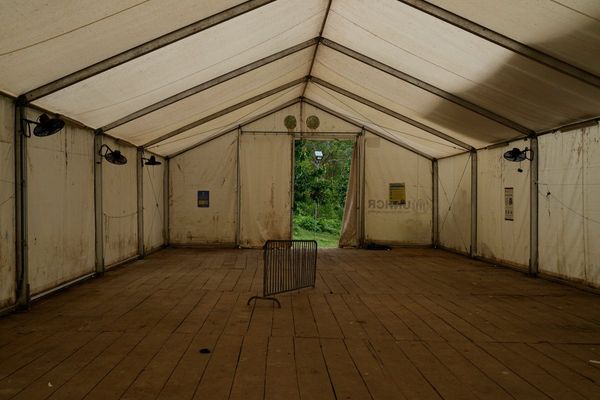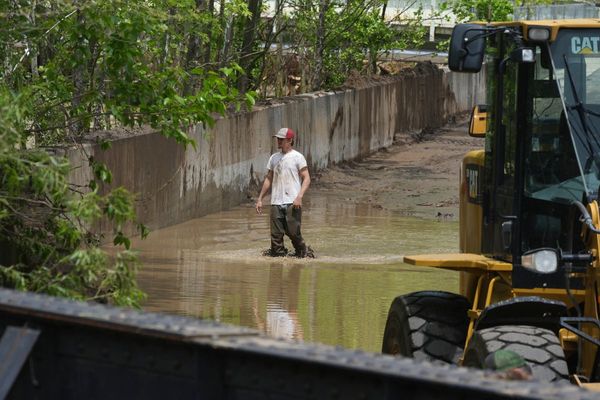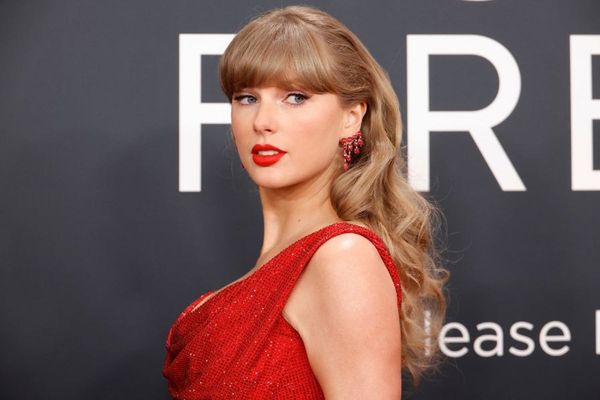
Over the course of an eight-minute interview, Elon Musk touted his numerous businesses and vision of a “Star Trek future” while telling the crowd that his Tesla Optimus robots had performed a dance for Donald Trump and the crown prince of Saudi Arabia, Mohammed bin Salman, to the tune of YMCA. He also announced that Starlink, his satellite internet company, had struck a deal for use in Saudi Arabia for maritime and aviation usage; looking to the near future, he expressed his desire to bring Tesla’s self-driving robotaxis to the country.
“We could not be more appreciative of having a lifetime partner and a friend like you, Elon, to the Kingdom,” Saudi Arabia’s minister of communications and IT, Abdullah Alswaha, told Musk.
Although Musk has pivoted away from his role as de facto leader of the so-called “department of government efficiency” and moved out of the White House, the Saudi summit showed how he is still retaining his proximity to the US president and international influence. As Musk returns to his businesses as his primary focus, he is still primed to reap the rewards of his connections and political sway over Trump.
Starlink diplomacy
Musk’s Starlink announcement comes after a spate of countries have agreed to allow the satellite communications service to operate within their borders. Several countries that have approved Starlink did so after US state department officials mentioned the company by name or pushed for increased satellite services in negotiations over Trump’s sweeping tariffs, according to internal memos obtained by the Washington Post.
Concerns over whether Musk and the Trump administration are leveraging their power to force countries into adopting Starlink has prompted calls for a state department inspector general investigation into whether there is undue influence at play in these agreements. On Wednesday, a group of Democratic senators issued a letter requesting a broad review of the state department’s alleged efforts to assist Starlink.
“These reports indicate that Mr Musk may be using his official role and his proximity to the President as leverage for his own personal financial benefit – even if it comes at the expense of American consumers and the nation’s foreign policy interests,” the senators wrote.
Musk’s empire expands in Saudi Arabia
The Saudi-US Investment Forum summit was held in Riyadh and featured top ministers from the kingdom’s government as well as US cabinet secretaries Scott Bessent and Howard Lutnick. Saudi Arabia has been sinking billions into tech and artificial intelligence in recent years as it expands its portfolio of investments, in addition to its already extensive deals in industries such as defense and energy. The White House and Saudi government announced an arms deal worth $142bn following the event.
Musk was one of a long list of Silicon Valley moguls and top executives of major US companies to attend the summit. The CEO of Palantir and Musk ally, Alex Karp, took part, as did the OpenAI CEO and Musk rival, Sam Altman. Amazon’s chief executive, Andy Jassy, and Nvidia’s CEO, Jensen Huang, were some of the other tech leaders present. The list also included CEOs from a range of boldface names such as Boeing, Coca-Cola and Halliburton.
Earlier on Tuesday, Musk talked with Trump and Prince Mohammed inside the Saudi Royal Court and warmly greeted both leaders. Weeks before Musk’s arrival in Riyadh, his Twitter/X social media platform had managed to refinance some of its billions in debt with help from a Saudi fund. Tesla also launched in Saudi Arabia last month, opening a new showroom in the capital.







